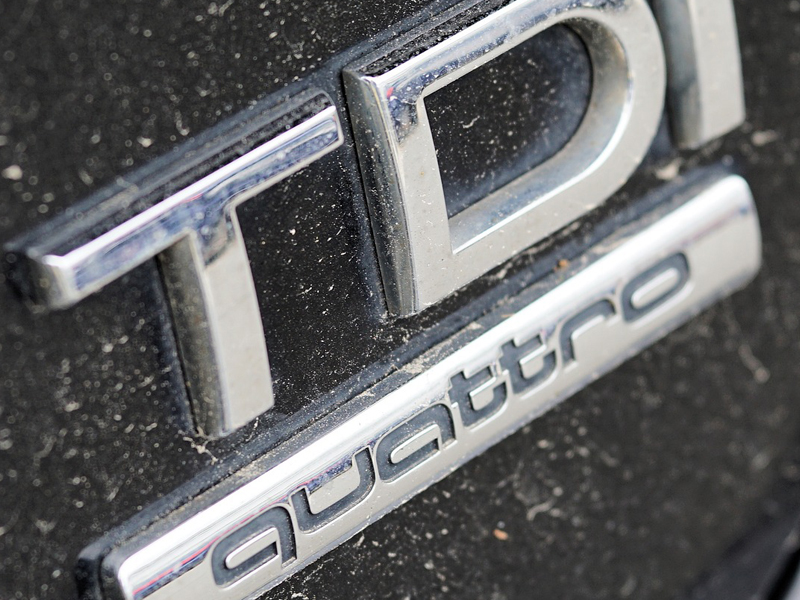Have you ever wondered what the difference was between a petrol engine and a diesel engine? Besides the noise difference you hear when the diesel engine is running, there is a greater difference.
In a diesel engine, the fuel is sprayed into the combustion chamber with an injector nozzle. The air in each chamber has to be placed under extremely high pressure so that it is hot enough to ignite. Diesel on its own is not flammable so it has to be put under some kind of force.
Many people turn the ignition on before driving the car in order to get the engine warmed up. This might be useful in extremely cold weather conditions. Turning the key in the ignition system is the start of the whole process. Once the key is turned, fuel gets injected into the cylinders under immense pressure. This allows the air to heat on its own.
Previous versions of diesel engines needed glow plugs to get the gases heated up for an efficient drive. Nowadays, the gases or air heats up so quickly that glow plugs are not as necessary as before, however, these plugs are still there to control the emissions.
The diesel fuel will then pass through filters to be cleaned before it gets to the injector nozzles. It is necessary to maintain filters as contamination is common with this type of fuel and clogging may occur.
Within the fuel injector, a high and constant pressure of 23 500 psi needs to be applied whilst it releases the fuel into the cylinders. Fuel gets sprayed into the chambers with the Engine Control Unit (ECU). This ECU will determine the pressure that needs to be applied for the spraying process.
Most diesel engines have a turbocharger installed for greater power and pressure. The turbocharger also saves on the amount fuel that gets used in one cycle. With a turbocharger installed, the power of the diesel engine gets increased by over forty percent.
Diesel is made up of kerosene (which ignites at a low temperature), oil (which lubricates and seals any grooves that might affect movement), ether (which has a low ignition temperature), and an ignition improver which is often Amyl Nitrate.
Having a diesel engine might be cheaper for you in the long run. Tyres might not be heavily affected by this type of engine but ensure that the tyres are properly inflated to enjoy further fuel savings.

